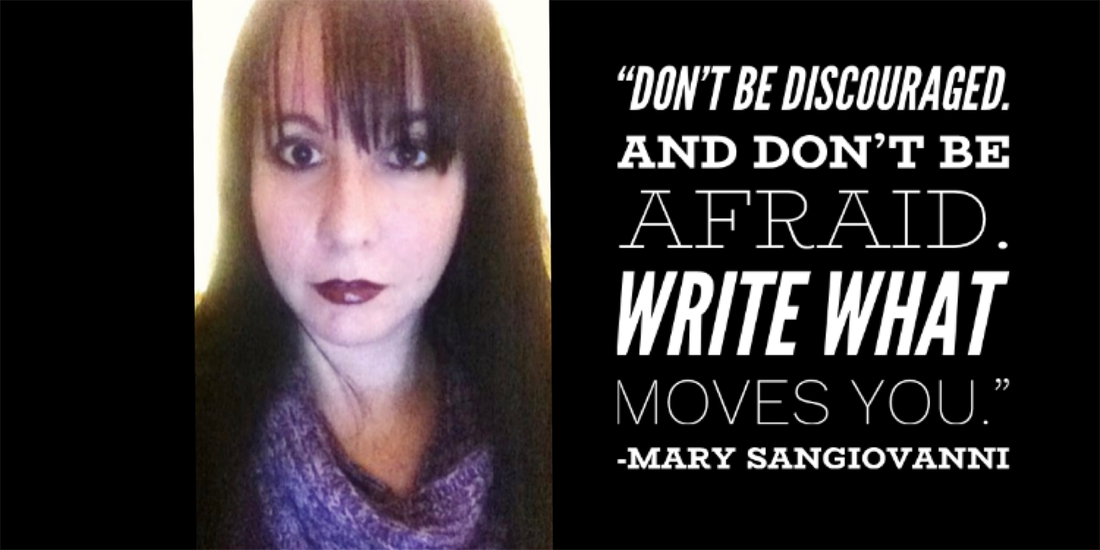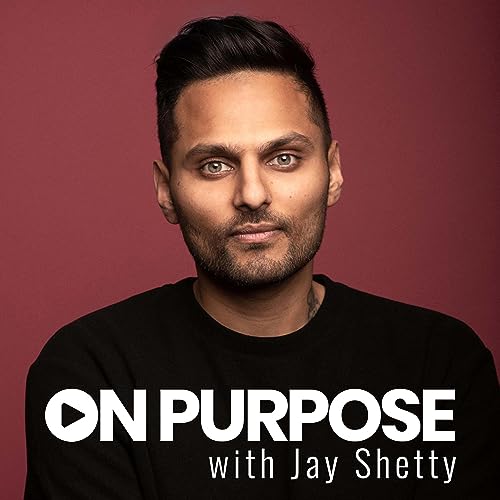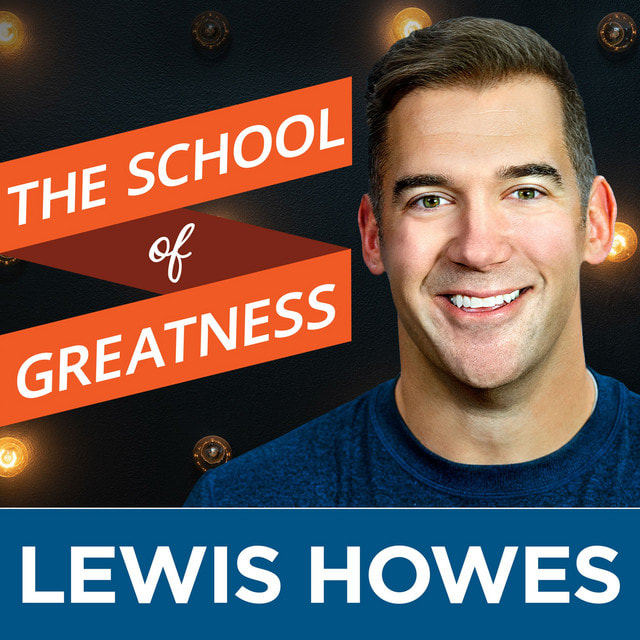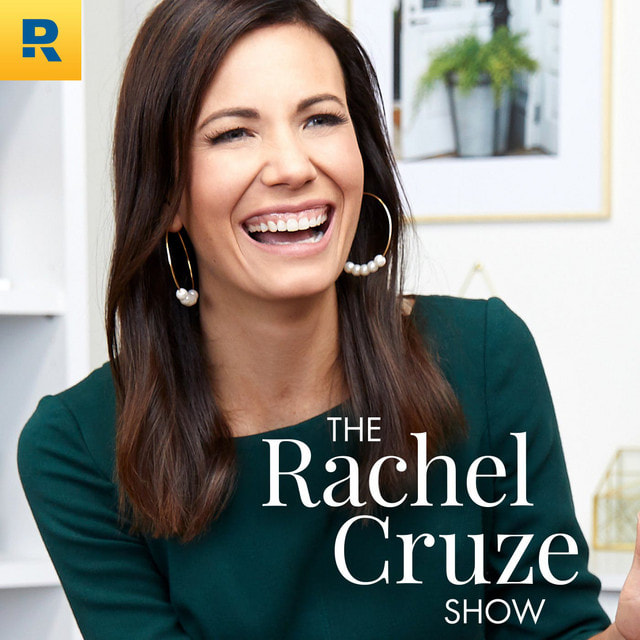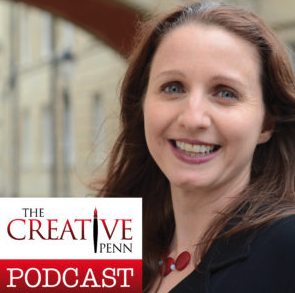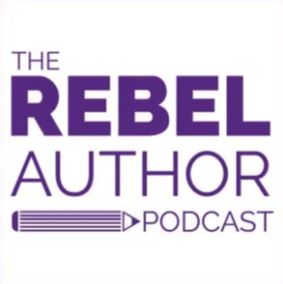|
For those of you who may not know, I recently started a new blog series called Women Thought Leaders in Horror to celebrate women who contribute to the horror community in monumental ways and spanning across diverse talents. From authors, to book and film reviewers, to poets and fine artists, this series is to bring these wonderful women in horror to the forefront.
This is only the beginning so as usual, buckle up for the ride. 1. Why horror? What fascinates you about horror and enticed you to write in the genre? MS: Horror has always been, to me, a genre of infinite possibilities to express the deepest, truest emotional truths. When people are put into crisis situations, they become, in essence, something more than themselves – either something far greater and more heroic, or something far baser and more terrible. I think horror as a genre is a vehicle through which we can explore trauma, tragedy, and terror in a safe way, and also come to understand a lot about the human condition. Plus, I’ve always been drawn to any genre that suggested there was more out there than the mundane, everyday world around us. 2. What is your favorite era of horror and why? MS: I think probably the 1970s to early 1990s horror is my favorite. There's nostalgia there, from childhood and my earliest reading in the genre, but there was also a different approach to horror. It wasn’t, perhaps, as jaded as some modern horror is. I feel like the 1990s is when horror took a turn in terms of self-realization and in some ways, sophistication, that I enjoy. 3. What are some of your guilty horror films? MS: I like the really cheesy, low-budget slashers of the early ‘80s, like Slumber Party Massacre, Sorority House Massacre, those kids of movies. I also love the old Hammer and Amicus films. 4. What do you think the genre of horror brings to the world in terms of values, beliefs, impact? MS: I think horror has traditionally been very morality-based; often, the plots of even the pulpiest stories were that if you did bad things, bad things would happen to you. Over time, I think the complexity of human existence has introduced moral shades of gray into horror, and rightfully so, but I do think that what good horror tends to reflect, regardless, is the resilience of the human spirit in the face of adversity. Supernatural horror often suggests a kind of spirituality which in recent decades has replaced the innate horror of forces contradicting the basic Judeo-Christian religious ethic, and with streaming services, I think we’re seeing a much more diverse, international, and multicultural approach to horror which has abundantly enriched the genre. 5. How do you think your writing of horror reflects you as a person or your life overall? MS: You know, it’s funny, but I think my work reflects both my beliefs about the universe and also humanity’s place within it. Despite writing almost exclusively in a genre known for its nihilism and indifference to the insignificance of the human race, I think I write about the limitless possibility for both good and evil, the multiverse of forces which terrify and the unlikely, flawed heroes who risk their lives for what matters most to them. Maybe in the grand scope of a multiverse, a single human life doesn’t mean much – except that it does – it often means everything to someone out there. That one life has more significance and importance to someone than all the grandeur and wonder of the greatest sights and occurrences of multiple universes. At the heart of my work, that’s what keeps people going – that one thing or one person or one idea that means everything to that character. 6. What do you think lies ahead for the genre? MS: I think storytelling will always be important, and so writers will always be necessary. I do believe that in the future, books will take on a role in entertainment which is more closely enmeshed with other types of media – interactive books, online serializations, foundations for video games and content for streaming television and movies. I think there is more access to horror in the mainstream now, and the average consumer is seeing the genre as a more viable and nuanced form of entertainment. Some of the stigmas and associations with horror are falling away. And producers of horror in various forms are seeing its commercial viability as a result. 7. Like many things, women are underrepresented in the horror genre. Why do think this is and why is it critical to have women more represented in horror? MS: The last I’d heard, women make up only 30-45 percent of fiction horror writers. I suspect this is because in decades past, traditional gender roles either discouraged women from reading and writing horror or convinced women writers that the best way to get into the genre was through a back door of sorts through paranormal romance. In the case of the former, we are, perhaps, 30 years or so behind men who have simply had more time to establish their recognizable name and reputation among readers and their financial feasibility among industry gatekeepers. In the case of the latter, while I think paranormal romance is a robust genre of its own, it’s not the same genre as horror, has different goals and a different fanbase, and has led, in some instances, to the misconception that it is the ONLY type of “horror” that women can and do write -- which is, of course, not the case. I think it’s important to have women represented in horror because in order for equality to exist between men and women creators, both need to be seen as equally capable of producing quality work on time, capable of establishing a reputation with readers that sways the book-buying public, and capable of making publishers, TV/movie producers, networks, video game companies, comic book publishers, and the like a respectable amount of money. 8. Any tips for new women writers in the horror genre? MS: Don’t be discouraged. And don’t be afraid. You have stories to tell and a unique way to tell them. Write what moves you, and keep writing – people WILL notice, and they will read you. This business is cumulative – in sales, readership, establishment of credibility – so buck the odds by simply outlasting any doubts about you. 9. Who are some of your favorite women horror authors to read? MS: I love Sarah Langan’s work. Shirley Jackson. Kelli Owen. Somer Canon. Rachel Autumn Deering. There are so many great women writers, I hate to leave anyone out. 10. For readers who have never read your work, what should they start with and where can they find more information about you? MS: My two personal favorites are Thrall and For Emmy. If you don’t mind starting in on a trilogy or series, readers seem to like The Hollower and Chills as well. You can find me at www.marysangiovanni.com or on Twitter at @marysangiovanni. Check our Mary SanGiovanni's website. Follow on Twitter. Follow on Facebook. Thanks again for tuning into Women Thought Leaders in Horror. -Sterp
0 Comments
Leave a Reply. |
Categories
All
PODCASTS I LISTEN TO EVERYDAY |
